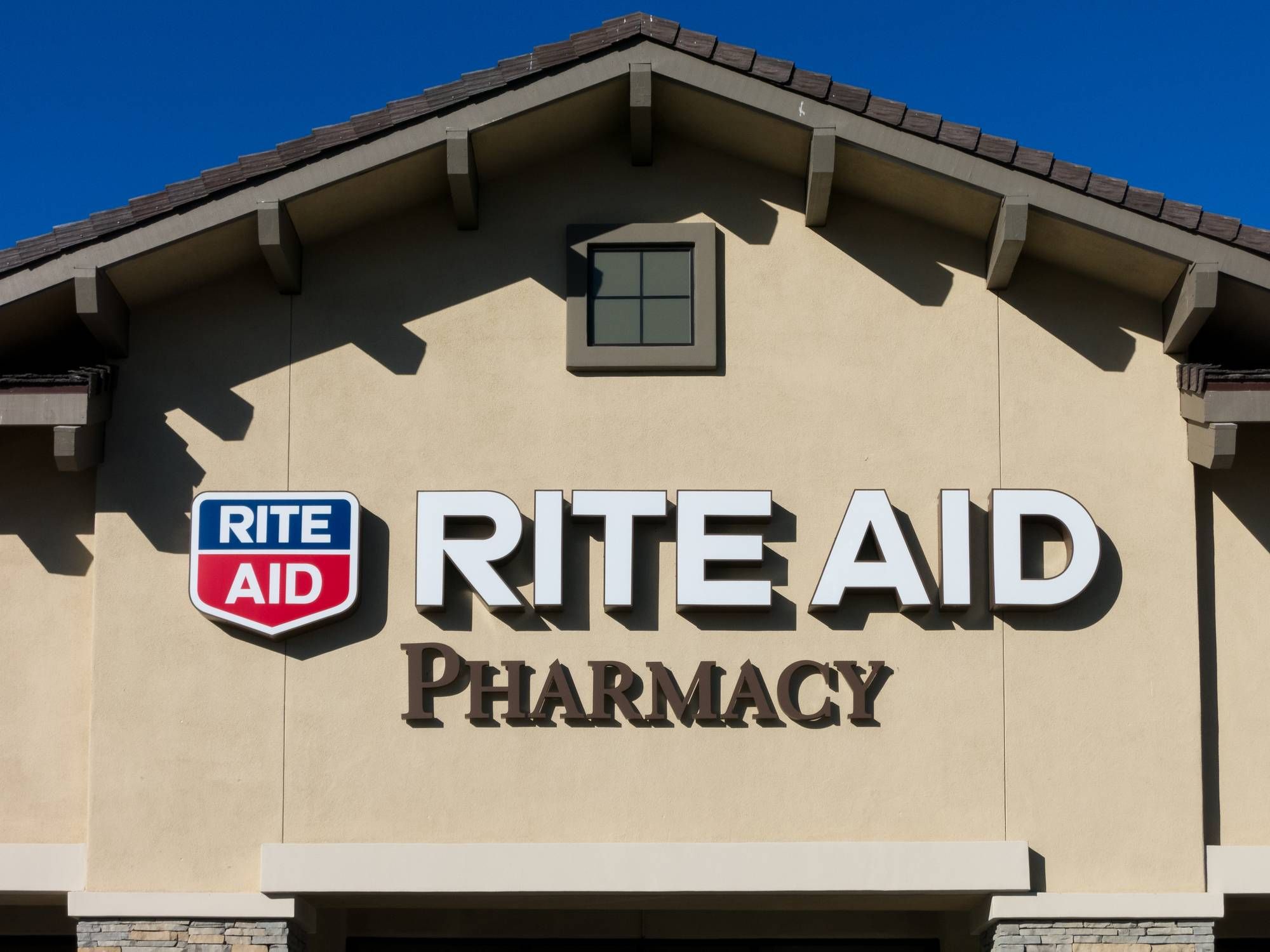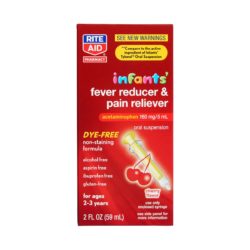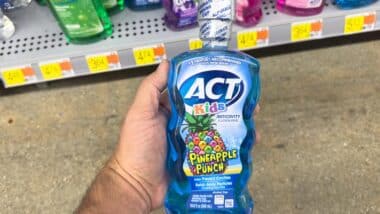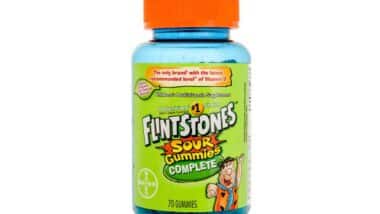
A New York consumer claims Rite Aid has been preying on parents’ fears, tricking them into paying three times more than they need to for infant pain reliever.
Rite Aid’s store brand of over-the-counter fever reducer and pain reliever is allegedly packaged and priced differently for children versus infants.
However, according to a recent Rite Aid class action lawsuit filed by Gina Ostermeier-McLucas, the contents of these acetaminophen-based products are identical.
“Defendant has been engaging in the unfair, unlawful, deceptive, and fraudulent practice of manufacturing, marketing and selling the same product as two unique medicines, such that parents and caregivers mistakenly believe that they cannot purchase the significantly cheaper children’s products for an infant,” the plaintiff argues.
Ostermeier-McLucas states that she purchased Rite Aid’s infant-specific product for the first time in 2010 and has been buying it as needed since then. She maintains that she believed the products were specifically formulated for infants based on the company’s packaging, which she says “obscure[s] critical facts that infants can safely take children’s products and that the products are exactly the same.”
The class action notes that Rite Aid clearly distinguishes the two products by calling one “infants’” and one “children’s” in distinctive, brightly colored lettering.
In FDA terms, “infants” are 1 month to 2-years-old and “children” are ages 2 through 12. Therefore, the plaintiff asserts, “consumers may reasonably believe that a product that is labeled and marketed for consumption by infants should only be consumed by those between the ages of 1 month to 2 years old.”
Additionally, on the front label of the Rite Aid infants’ product, consumers are invited to “compare to the active ingredient of Infants’ Tylenol Oral Suspension,” while the children’s product label includes the words “compare to the active ingredient of Children’s Tylenol Oral Suspension.”
“Through this wording, defendant attempts to deceive reasonable consumers into believing that the active ingredient in Infant Tylenol is different than the active ingredient in Children’s Tylenol, when it knows that the active ingredient is the same,” the Rite Aid class action argues, “further inducing reasonable consumers to purchase the more expensive infants’ products.”

Before 2011, infant pain relievers generally contained 80 milligrams of acetaminophen for every 5 milliliters of liquid, while the concentration for older children’s products was 160 mg for 5 mL.
But after 20 children’s deaths from acetaminophen toxicity were reported over the course of a decade, the U.S Food and Drug Administration mandated that the concentrations be equalized to help avoid accidental overdoses.
So, since 2011, the only actual differences in liquid acetaminophen marketed for infants versus for children have been the price and the dosing instrument — small plastic cup for children, oral syringe for infants.
The liquid is simply dosed differently, based on the child’s age and weight.
However, many consumers reportedly remain unaware of this legal news and rely largely on marketing and packaging to determine what products are safe for their babies. Parents who are aware of the potential risks of acetaminophen overdose tend to be extremely cautious when choosing medicine for their children, Ostermeier-McLucas argues.
The Rite Aid class action lawsuit alleges that the drugstore chain “exploits this fear” by charging significantly more per ounce — roughly triple — for its acetaminophen-based products marked for infants.
“Defendant marketed, priced and sold infants’ products in a manner to indicate to reasonable consumers that they are superior or somehow more appropriate for infants than children’s products to justify charging the inflated price for infants’ products,” the Rite Aid class action lawsuit maintains. “These representations were false and misleading.”
Ostermeier-McLucas is asking the court to certify a Class comprising individuals within the United States who purchased the infants’ products from the defendant. She also is proposing a subclass comprising only those who reside in New York state.
The plaintiff is claiming violations of New York General Business Law related to deceptive trade practices and false advertising; the federal Magnuson-Moss Warranty Act; breach of express warranty; and unjust enrichment.
On behalf of herself and the proposed Class Members, she is seeking statutory, compensatory, incidental and/or consequential damages, plus court costs and any other relief deemed appropriate by the court.
Have you purchased infant or children’s acetaminophen from Rite Aid? Share your experiences in the comment section below.
Ostermeier-McLucas and the proposed Classes are represented by Andrew J. Shamis of Shamis & Gentile PA; Scott Edelsberg of Edelsberg Law PA; Rachel Dapeer of Dapeer Law PA; and Melissa S. Weiner and Joseph C. Bourne of Pearson Simon & Warshaw LLP.
The Rite Aid Infant Pain Reliever Class Action Lawsuit is Gina Ostermeier-McLucas, et al. v. Rite Aid Corp., Case No. 1:20-cv-02915, in the U.S. District Court for the Eastern District of New York.
ATTORNEY ADVERTISING
Top Class Actions is a Proud Member of the American Bar Association
LEGAL INFORMATION IS NOT LEGAL ADVICE
Top Class Actions Legal Statement
©2008 – 2026 Top Class Actions® LLC
Various Trademarks held by their respective owners
This website is not intended for viewing or usage by European Union citizens.















34 thoughts onRite Aid Class Action Lawsuit Says Infant Pain Reliever Is Mislabeled
Yes. I used it a lot for my children.. Add me
I use use all the time.add me